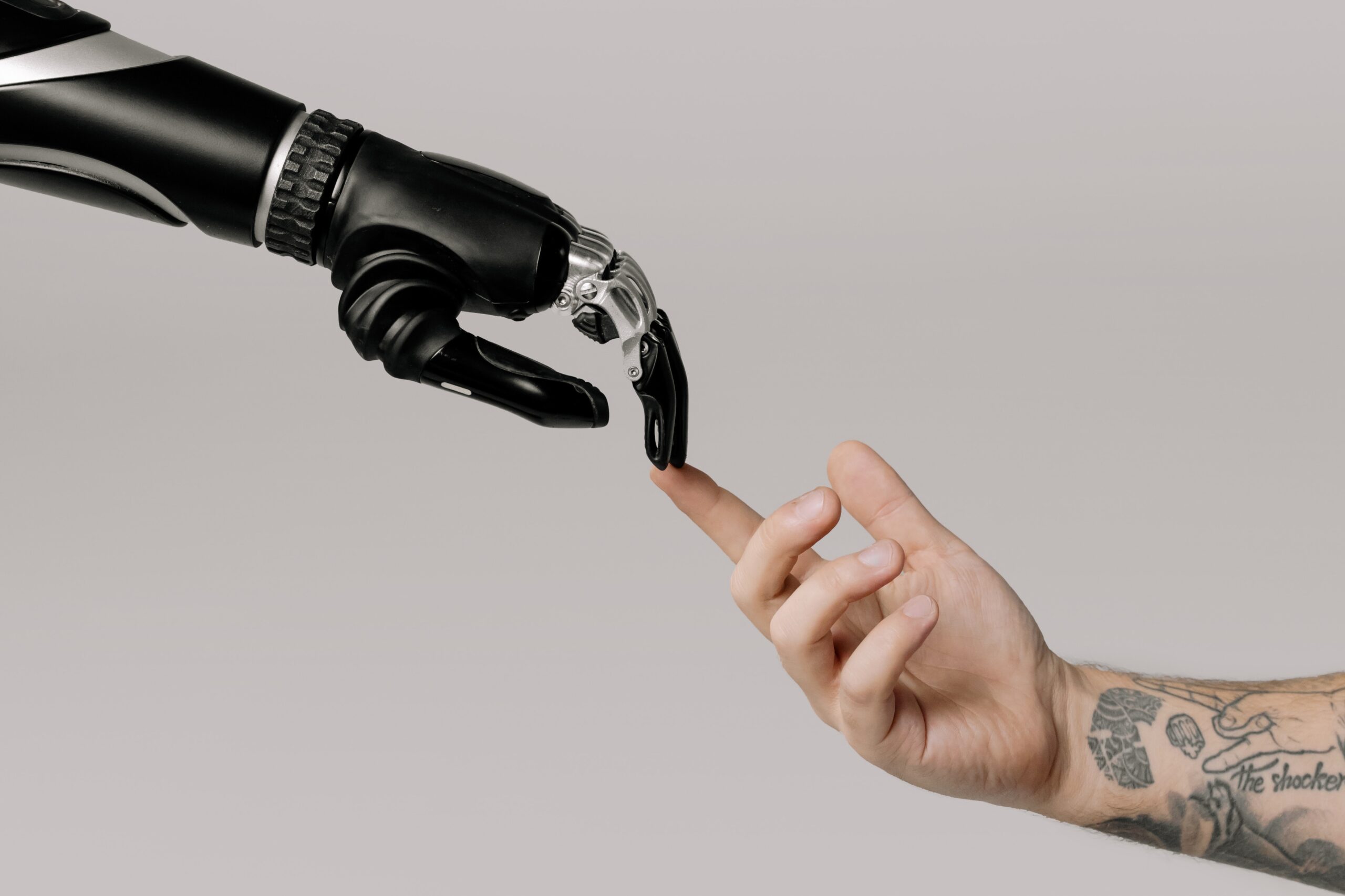The Future of Artificial Intelligence: Unlocking Opportunities and Confronting Challenges

Introduction: Artificial Intelligence (AI) has rapidly transformed from a futuristic concept into a ubiquitous presence in our lives. As we stand on the cusp of a new era, it becomes crucial to explore the current state of AI and its potential future developments. This article delves into the opportunities and challenges that lie ahead, shedding light on the impact of AI on various industries and society as a whole.
- The Current State of AI: 1.1 The Evolution of AI: From Narrow to General Intelligence 1.2 Machine Learning and Deep Learning: Driving Forces behind AI Advancements 1.3 Real-world Applications: AI in Healthcare, Finance, Transportation, and More
- Opportunities Unleashed by AI: 2.1 Enhanced Efficiency and Productivity: Streamlining Operations and Decision-Making 2.2 Automation and Job Transformation: The Role of AI in the Future of Work 2.3 Personalized Experiences: AI’s Influence on Customer Service and User Interfaces 2.4 Advancements in Healthcare: Precision Medicine and AI-assisted Diagnostics 2.5 AI for Social Good: Tackling Global Challenges and Promoting Equality
- Challenges on the Horizon: 3.1 Ethical Considerations: Bias, Privacy, and Accountability in AI Systems 3.2 Employment Disruptions: Navigating the Impact on the Workforce 3.3 Cybersecurity Risks: Safeguarding AI Systems from Malicious Attacks 3.4 Regulation and Policy: Striking the Balance between Innovation and Control 3.5 Bridging the AI Skills Gap: Education and Training for AI-Enabled Future
- Future Developments in AI: 4.1 Explainable AI: Enhancing Transparency and Trustworthiness 4.2 Collaborative Intelligence: Humans and AI Working Together 4.3 Edge AI and Federated Learning: AI on the Edge of the Network 4.4 Quantum Computing: Opening New Frontiers for AI
- Conclusion: As AI continues to advance, it presents tremendous opportunities to reshape industries and society. However, it is crucial to address the challenges that come along, ensuring ethical deployment, safeguarding privacy, and mitigating the impact on employment. By embracing AI responsibly and proactively, we can unlock its full potential for the benefit of humanity.
Remember to conduct further research and provide examples, statistics, and expert insights to support the points mentioned in the article. Additionally, consider discussing specific industry examples to illustrate the impact of AI on sectors like healthcare, finance, transportation, or any other relevant field.
Certainly! Here’s an additional section for the article:
- AI and Data: The Foundation of Advancements: 6.1 Big Data: Fueling AI Innovation and Insights 6.2 Data Privacy and Security: Balancing Access and Protection 6.3 Data Bias and Fairness: Addressing Challenges for Ethical AI 6.4 Data Governance and Regulation: Ensuring Responsible Data Usage
- AI in Emerging Industries: 7.1 AI in Agriculture: Precision Farming and Crop Management 7.2 AI in Energy: Optimizing Power Grids and Renewable Sources 7.3 AI in Retail: Personalized Shopping Experiences and Inventory Management 7.4 AI in Education: Adaptive Learning and Intelligent Tutoring Systems 7.5 AI in Entertainment: Content Recommendation and Immersive Experiences
- The Role of AI in Solving Global Challenges: 8.1 Climate Change and Environmental Sustainability 8.2 Healthcare Access and Disease Prevention 8.3 Poverty Alleviation and Economic Empowerment 8.4 Urbanization and Smart City Development 8.5 Education and Digital Inclusion
- The Future of AI: Speculations and Possibilities: 9.1 Artificial General Intelligence (AGI): Myth or Reality? 9.2 AI in Space Exploration: Enabling Interplanetary Missions 9.3 Ethical and Legal Considerations for Autonomous AI Systems 9.4 Human-AI Collaboration: Augmenting Human Abilities and Decision-Making 9.5 AI and Creativity: Exploring the Intersection of Art and Technology
- Conclusion: As we embrace the future of AI, it is crucial to remain mindful of the ethical, social, and economic implications. Collaborative efforts among policymakers, researchers, and industries can ensure responsible development, mitigate risks, and maximize the benefits of AI. By navigating the opportunities and challenges in an informed and thoughtful manner, we can shape a future where AI contributes to human progress and well-being.
Remember to explore recent advancements and cutting-edge research in AI to provide up-to-date information in your article. Additionally, include real-world examples and success stories of AI im















